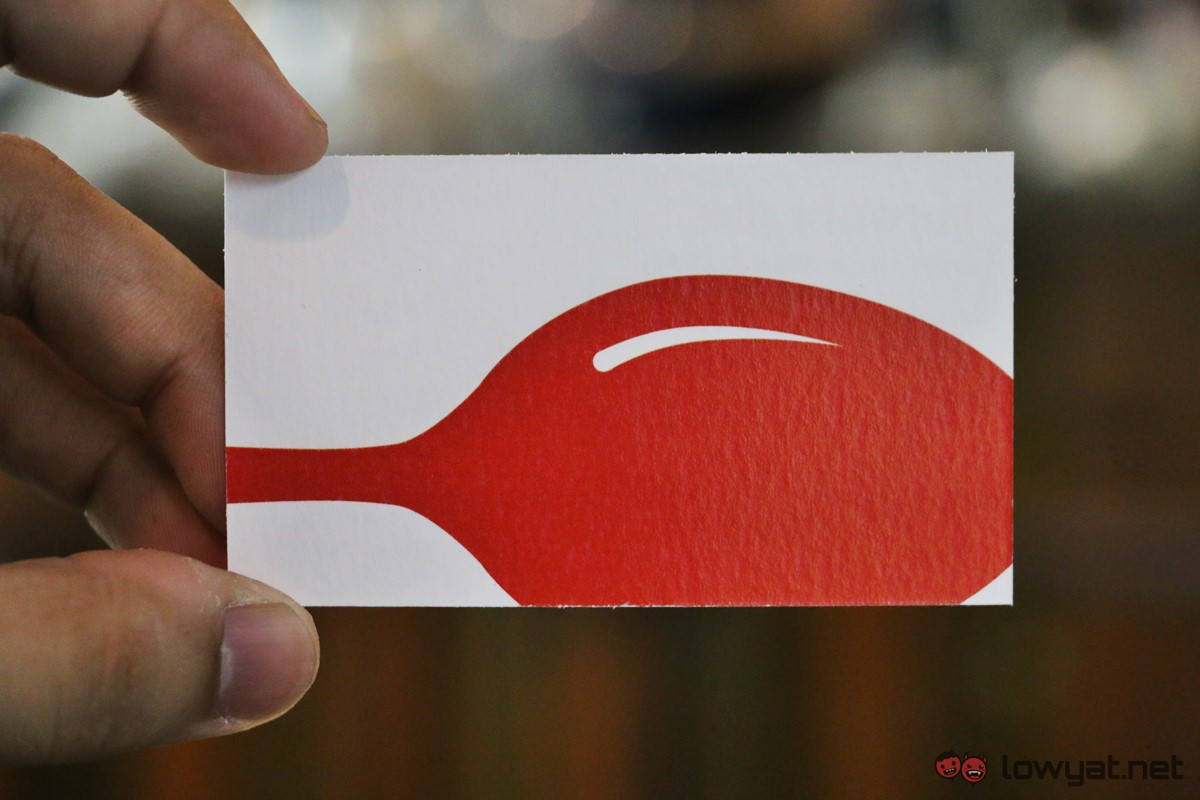The name Zomato may not yet be a household name, but the startup is slowly gearing up to change that. Unlike many food directories, the database of eateries is not aimed at tourists. Instead, it works by catering to locals who are simply looking for somewhere to have lunch or dinner – or a midnight snack.
Zomato is a food discovery platform that launched back in 208. As of today, it operates in 23 countries; with Malaysia being the most recent addition to the list. Beginning life as FoodieBay, the Indian company hosted menus from nearby restaurants. “We started out as a small directory only site in Delhi, with only 1200 restaurants. Scanning menus and putting them on the internet. That seems to have grabbed the attention of people around because they could find menus of restaurants online,” says Surobhi Das, Chief Operating Officer for Zomato.
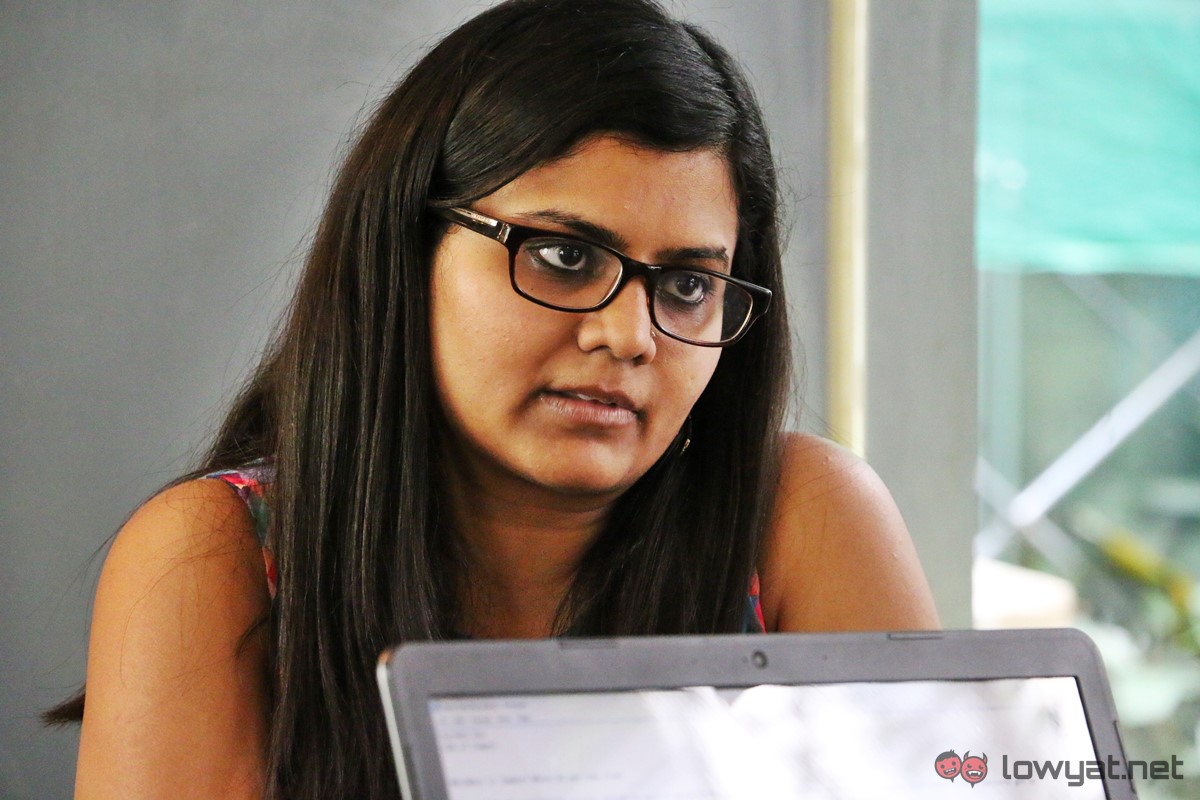
Malaysia, with the Klang Valley in particular, is the third Southeast Asian country to host Zomato; with the Philippines and Indonesia being the other two. The company has seen a good reception in both Manila and Jakarta, and Das says that made Malaysia the next logical choice for expansion.
Zomato’s database of restaurants is curated by its own team of researchers. “We have pure feet on the street. People who collect up to 50-60 restaurants every day; collecting menus, information, take pictures and take the location of the place. This process happens every single day, and every three months we refresh the data,” says Das.
This constant refreshing of data allows Zomato to keep track of any changes that occur; like if the restaurant closes or if there is a change in menu.
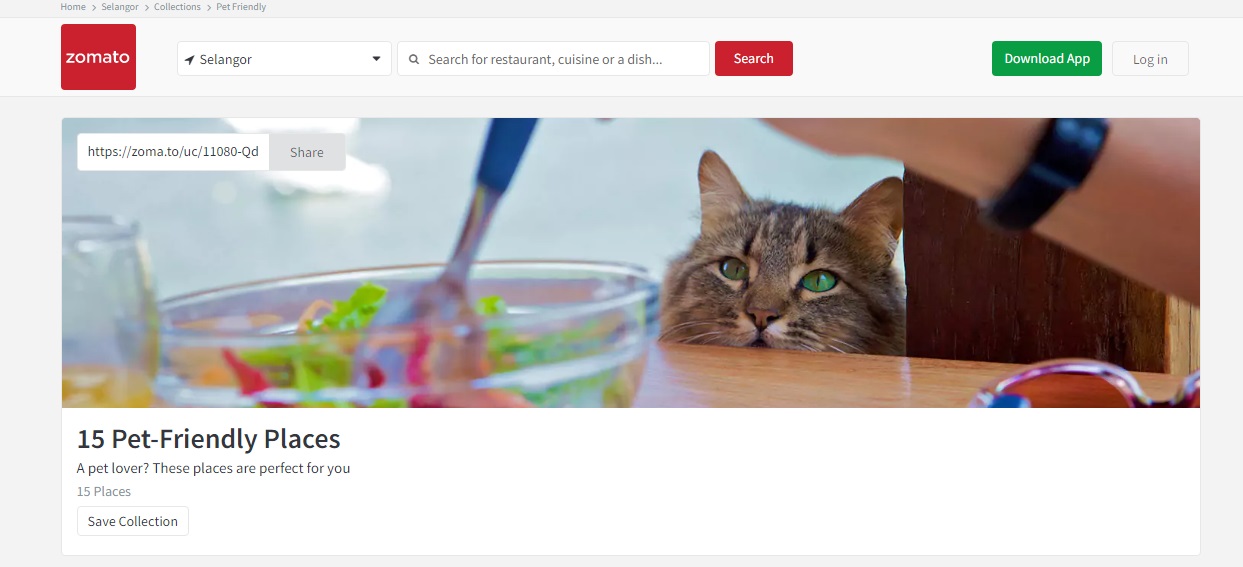
Despite the herculean effort put into maintaining the database, it turns out that Malaysians have mainly been searching for fastfood joints. On the other hand, there is also a trend that shows people already know the name of the restaurant that they want to visit, and simply use Zomato as a directory for discovering its location.
Expanding beyond the Klang Valley is a matter of determining if there are more local residents than visitors. “Our product is more for locals, where people want to go out and eat,” says Das. This guideline would determine where the next cities would be, before the company begins considering more touristy areas.
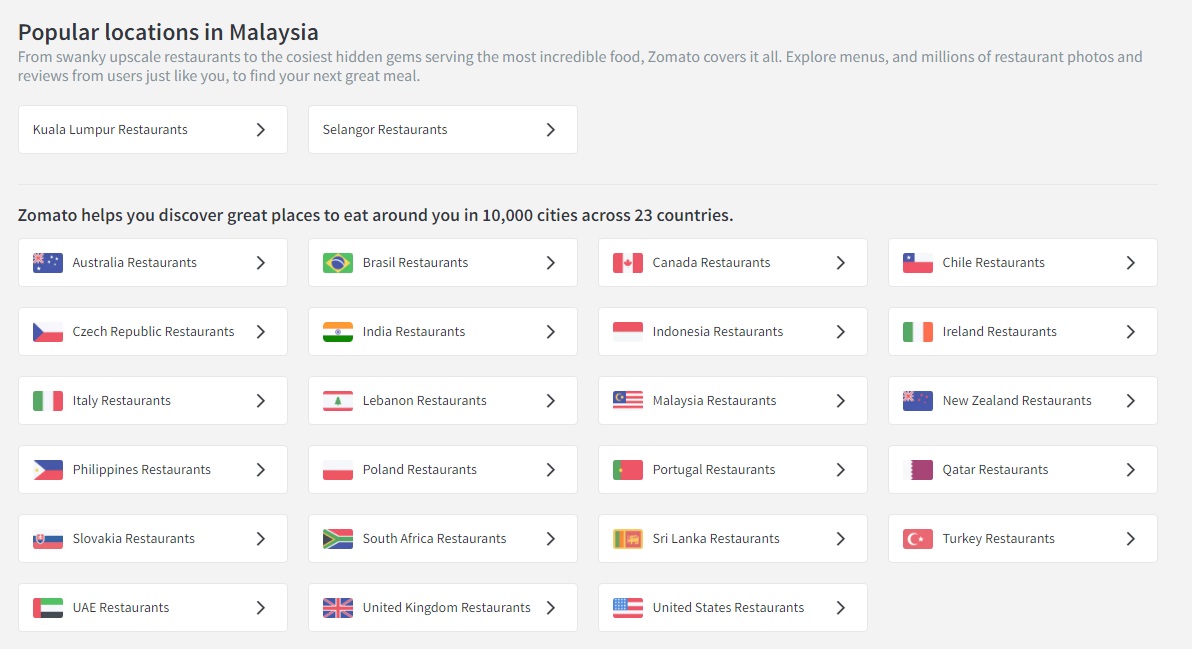
Upasana Nath, Vice President of Operations for Malaysia, explained that Zomato is for the locals. The platform considers catering to holidaymakers and visitors a less than ideal situation; as this would only create spikes during holiday periods. Because of this, the chief concern for Zomato operating in a country is highly dependent on whether locals will use it.
“In the end, Zomato is a very local city business. Hence, we are very conscious about what cities we launch in,” says Nath. “Over the last startup hypergrowth period we realised that getting into more cities is not the only sign of growth. Getting into more cities with good quality content is a better sign.”
Despite this more cautious approach to the future, Zomato is already looking at Ipoh, Penang, and Malacca as possible locations. Nath points out that there is a large number of users who hail from these locations who constantly post comments asking why they have not yet covered Malaysia’s food paradises.
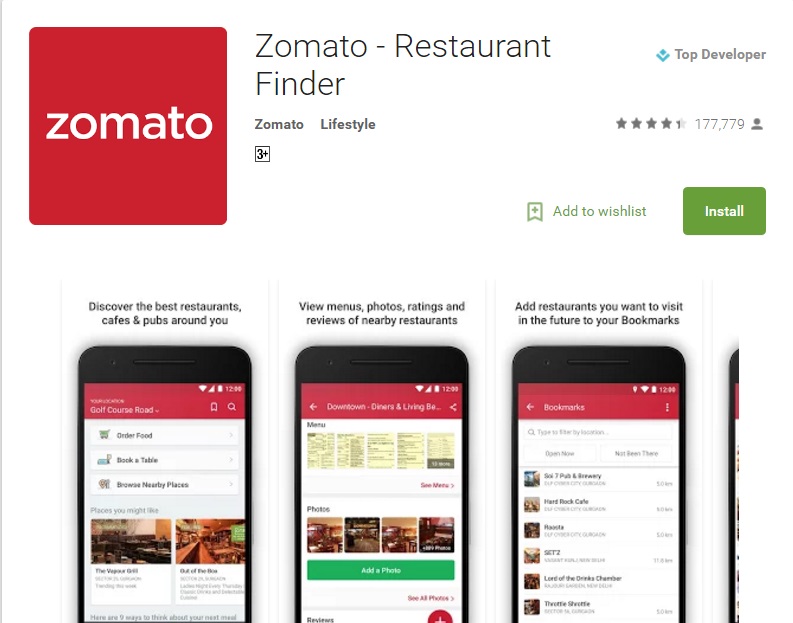
For now, Zomato’s priority is to build itself as a household brand. The company has a wide offering of enterprise products – like online food ordering and reservations – but those will only be provided once the base product gains enough traction.
To Zomato, content is still king; and it is working to provide the most comprehensive platform for food discovery in Malaysia. Considering Malaysians’ obsession with food, it would not be too difficult to see the company managing to continually increase traffic.
Follow us on Instagram, Facebook, Twitter or Telegram for more updates and breaking news.

